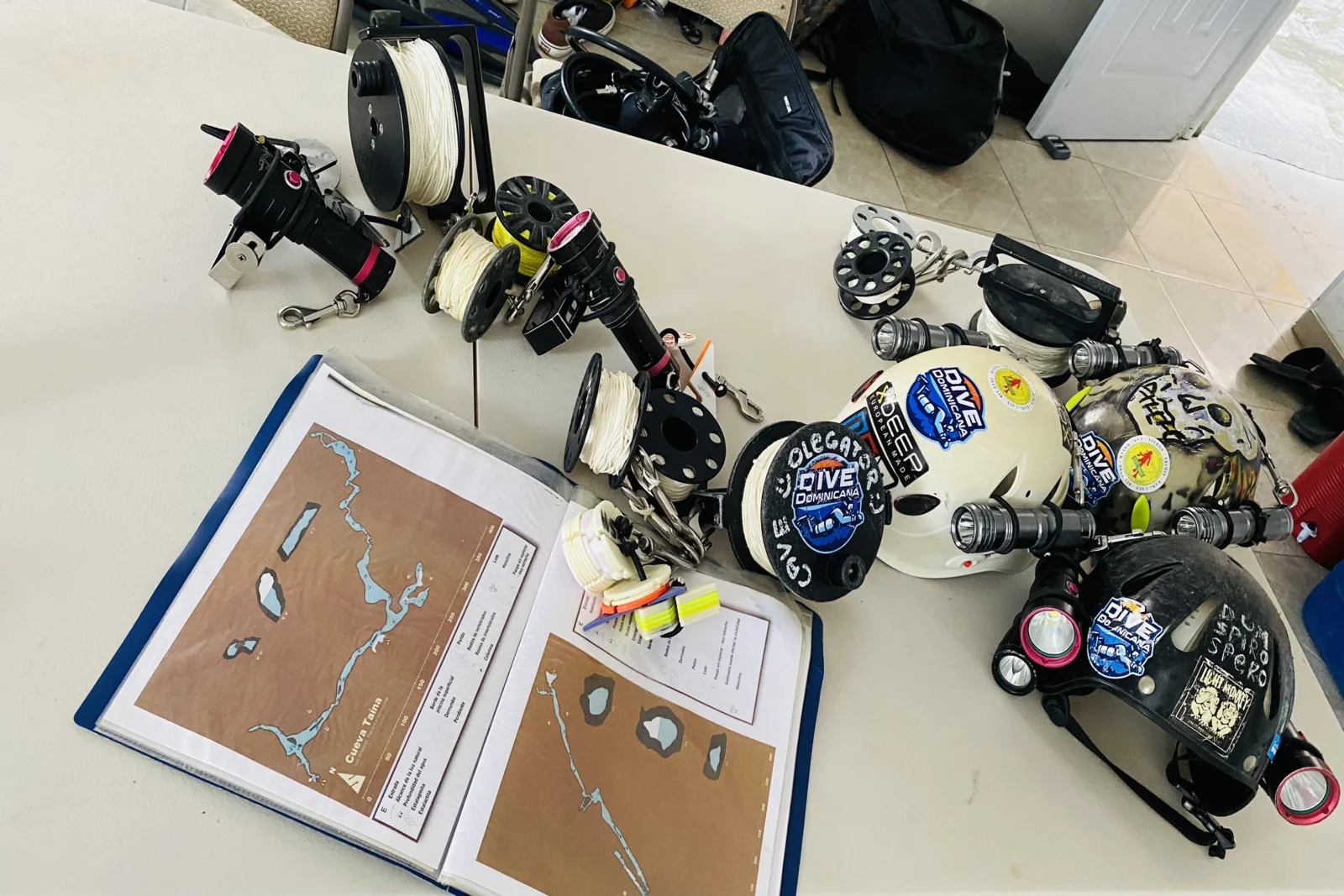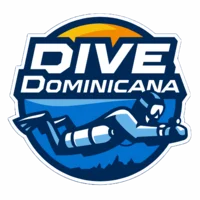
How to choose a cave diving instructor
When choosing a cave diving instructor, there are several factors to consider. Here are some important points to pay attention to:The first thing to know is that the cave diving training program is the most rigorous non-military/non-commercial diving training course you will ever take. This is because the cave environment is the most challenging environment that divers will dive into. Since the environment is very demanding, you should choose a cave instructor who also requires you to meet or exceed the standards set by the association on whose behalf he teaches. It is important for you to “talk” to the instructors you are considering for your cave training. Make a list of questions that are important to you, write down the answers, and compare the instructors’ notes after the interviews are over. At the same time, the instructor has a better understanding of who you are, your motivation, mindset, and whether he wants to accept you as a student.
Here are some of the questions I suggest you ask.
How long has an instructor been an instructor?
Ask about the instructor’s experience: is the instructor qualified to teach other advanced dive programs such as decompression procedures, advanced nitrox, trimix? Does the instructor have extensive experience in various diving conditions?
The instructor teaches “On the Side” part-time or is an instructor on a full-time basis. Ask him why he teaches cave diving.
Ask the instructor to explain what equipment configurations he will need and ask if there is any flexibility in an acceptable configuration. (According to many cave instructors, there is more than one configuration that works. This is called DWsquared – Doing What Works.)
Ask your instructor to explain the amount of cave diver training he plans to give you. They should be able to explain the general goals of the program as well as the details and the daily, step-by-step schedule of the goals and stages of the training process.
Ask the instructor about fees; make sure you understand ALL fees. This includes books, certification materials, refills with gas (nitrox or air), park entrance fees, and rental fees for equipment such as cylinders.
Ask the instructor to give you accommodation recommendations.
Ask your instructor which dive site(s) you are most likely to dive.
I think that if you ask these and other questions that you may have, you will be better able to choose your own cave instructor.
How about the lesson start? Once the session begins, don’t be afraid to ask your cave instructor to explain why he suggested that particular equipment configuration. The instructor should be able to provide you with a rationale for each equipment configuration they have asked you to do. You shouldn’t dispute them as such, but you should understand the reasons for all the nuances of customizing your equipment. Don’t blindly follow the equipment configuration your instructor asks you to do. Be a thinking diver; one should not simply follow a set of rules because they exist.
Ask your instructor what each exercise you do is designed to help you prepare.
Your chosen cave instructor will use time-honored and community-agreed equipment configurations and training methods. It is better to dive with a cave diver who has old equipment and a safe demeanor than with a macho cowboy who has all the newest equipment available on the market. You also don’t have to reinvent the wheel. The vast majority of equipment configurations, drills, and general cave diving training methods have evolved over a period of approximately 35 years.
